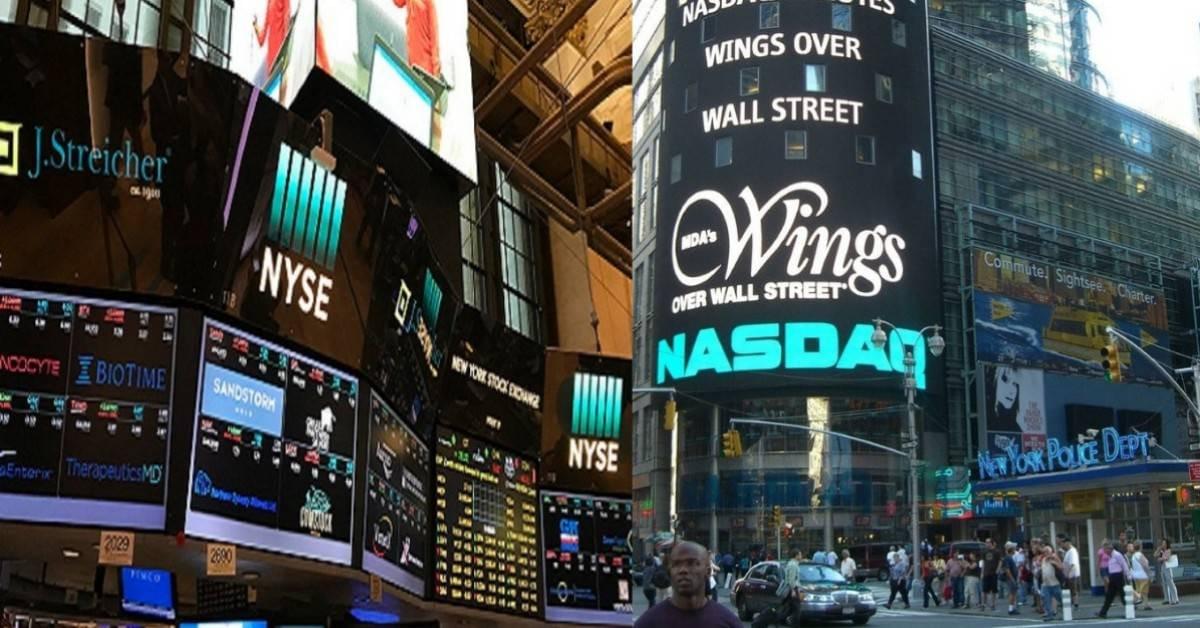US stocks hit new record, oil prices continue to fall
While the uptrend remains intact, US stocks are facing downward pressure from rising Treasury yields...

US stocks ended Tuesday (October 29) in a mixed mood, with the Nasdaq hitting a new record as investors cheered ahead of earnings reports from a slew of large-cap tech companies, but the Dow Jones Industrial Average fell. Crude oil prices continued to fall after positive news about armed conflict in the Middle East.
At the close, the Nasdaq rose 0.78% to a record closing high of 18,712.75 points. The S&P 500 gained 0.16% to 5,832.92 points. The Dow Jones Industrial Average fell 0.36% to 42,233.05 points.
Alphabet, Snap, Reddit and AMD are among the notable tech companies that will report their third-quarter 2024 results on October 29, after the market closes. Tech giants Meta Platforms and Microsoft are set to report on Oct. 30, followed by Apple on Nov. 1.
Shares of these companies have been in hot water recently as investors have been bullish on the health and earnings outlook of tech companies, and that trend continued on Tuesday. A day before the earnings report, Meta closed up 2.6%, while Alphabet gained 1.8%.
“The valuations are high. I think investors need higher earnings growth to justify higher P/E ratios,” said Sam Stovall, chief market strategist at CFRA Research.
This week will be the busiest of the ongoing earnings season, with more than 150 S&P 500 companies scheduled to report before the close on Friday.
Despite the uptrend, US stocks are facing downward pressure from rising Treasury yields. The yield on the 10-year US Treasury note continued to set a new high in the past 3 months.
Bond yields increased due to recent data showing that the US economy is still strong, meaning that the US Federal Reserve (Fed) may slow down the pace of interest rate cuts. In addition, yields increased because investors are leaning towards the possibility of former President Donald Trump being re-elected in the election next week, because Mr. Trump's policies are forecast to cause more budget deficits and inflation than Ms. Harris' policies.
BTIG's chief market technician, Jonathan Krinsky, believes that the market will be volatile in the coming days, as there are only 5 trading days left until the election. Not to mention, this week there are many important US economic data released, including GDP, inflation and employment reports.
“The market will not fall sharply, but volatility will increase in the coming weeks,” Krinsky said.
In the energy market, Brent crude futures in London fell $0.30 a barrel, or 0.4%, to settle at $71.12 a barrel. WTI crude futures in New York fell $0.17 a barrel, or 0.3%, to $67.21 a barrel.
The two oil prices had fallen more than 6% in the previous session on Monday as the situation in the Middle East showed signs of easing. On Tuesday, the good news continued as Israeli Prime Minister Benjamin Netanyahu is scheduled to hold a meeting to discuss a diplomatic solution to the war in Lebanon. The improvement in the Middle East has caused the risk premium in oil prices to decrease sharply.
In addition, weak oil demand in China - the world's largest crude oil importer - continues to be a source of downward pressure on oil prices. “The oil market is trying to recover, but continues to face pressure from weak demand in China and growing supply concerns,” said Andrew Lipow, president of consulting firm Lipow Oil Associates.
